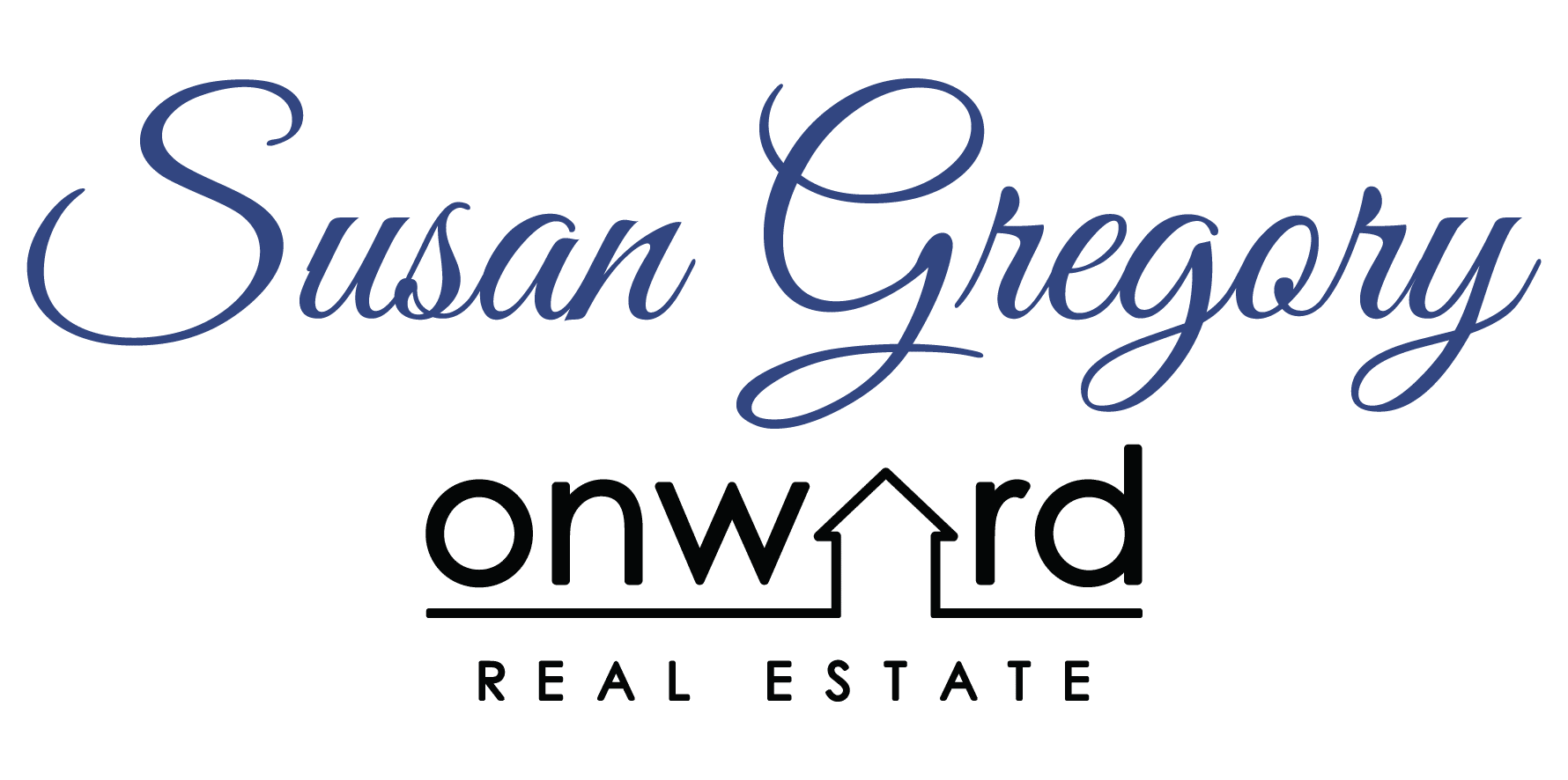If you check out any current list of the fastest growing cities in the US, you’ll find that Nashville usually ranks in the Top 10. If you’re one of the people relocating to Nashville, you may wonder whether it’s better to buy or rent.
It’s a big decision, and we’re providing some questions to consider before you finalize your choices.
Are You Staying in the Area?
The first question to consider is how long you plan to live in Middle Tennessee. Those who know they’ll be here on a short-term basis may want to think twice about home ownership. However, if you expect to be in the area for at least five years, buying might be more cost effective than pouring money into a rental. You can spend those five+ years building equity, which will pay off when – or if – you decide to sell your home later.
Is Your Income Secure?
While the pandemic seems to have turned work situations upside down for many people, one thing you can count on in the Nashville area is a strong job market. With industries such as healthcare, government, and entertainment, finding work here is not hard. But when considering buying a home, it’s more important than ever to be sure you have a secure job and a reliable source of future income. Mortgage lenders will want proof that you can make payments on a loan. Property management/leasing companies generally request proof of income, too. The difference is that you only need to show your ability to meet rent for the term of the lease.
How Is Your Credit?
Speaking of mortgage lenders, they will check your credit status. Is your credit score good? Do you have excess debt or high credit card balances that might affect your credit? You can obtain a copy of your credit report from any of the three major credit reporting organizations (Experian, Equifax, TransUnion). Each credit bureau will provide a free credit report annually. This information will provide an idea about how lenders view you financially and how much they loan you, giving you a better grasp on what type of home you can afford.
Can You Afford Additional Home Buying Expenses?
After reviewing your credit status, you should factor in the other costs. Have you saved for a down payment (which will reduce monthly mortgage payments)? Can you pay closing costs covering things like loan preparation, appraisals, title insurance, etc.? Have you planned for other routine expenses, like homeowner’s insurance and annual property taxes?
Although renting doesn’t entail these same expenses, renting usually requires security deposits, pet fees, and possible costs for parking and other services.
Do You Have Maintenance/Emergency Savings?
Some people consider being able to request maintenance from property management a major benefit to renting. Others, however, enjoy caring for their home, keeping a manicured lawn, and performing DIY projects. Planning and saving for routine maintenance and unexpected repairs will prevent future financial stress.
Ultimately, the decision to buy or rent involves many smaller considerations. Both the rental and home buying markets in Nashville are red hot right now, so figuring out what you want, what you need, and what you can afford are important decisions.
If you want expert advice on the housing market in Middle Tennessee, contact Susan Gregory at 615-207-5600. As an experienced, licensed realtor in Nashville, she will help you weigh all the factors and make the right decision for your family.
8119 Isabella Ln Ste 105, Brentwood, TN 37027

